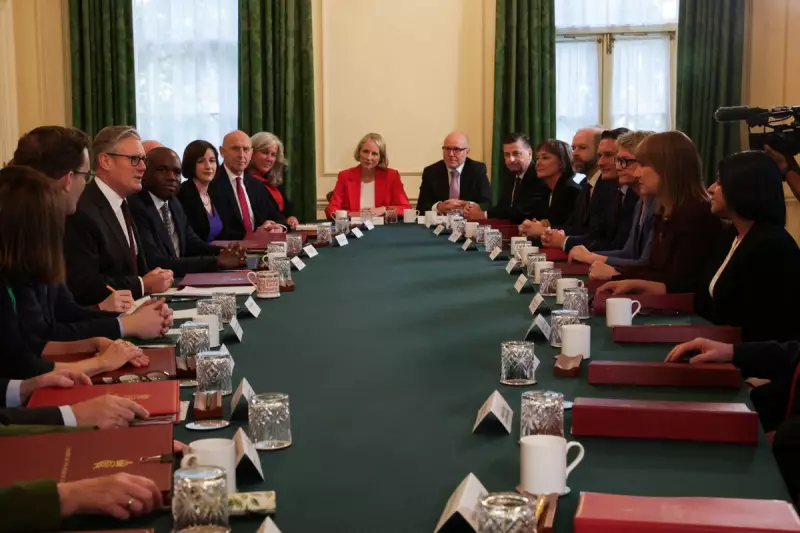
In a historic moment for British politics, Prime Minister Keir Starmer has unveiled his cabinet, assembling a team tasked with delivering on Labour's promise of national renewal. The new government, fresh from its landslide election victory, features a blend of experienced hands and fresh talent, signalling both continuity and change.
Key Appointments Shaping Britain's Future
At the heart of Starmer's top team is David Lammy, who takes on the crucial role of Foreign Secretary. Lammy, a prominent figure on the international stage, will be immediately thrust into handling complex global issues, including the ongoing war in Ukraine and strengthening ties with European allies.
In a groundbreaking appointment, Rachel Reeves becomes the UK's first female Chancellor of the Exchequer. She enters 11 Downing Street with the immense responsibility of stabilising the nation's finances and driving economic growth.
Deputy Leader Takes on Housing Brief
Deputy Labour leader Angela Rayner has been handed a powerful dual role, becoming Secretary of State for Levelling Up, Housing and Communities. This pivotal position places her in charge of the government's ambitious house-building targets and its broader mission to spread opportunity across the country.
Continuity in Defence and Home Affairs
Signalling stability in critical areas, John Healey has been confirmed as Defence Secretary, while Yvette Cooper takes the reins as Home Secretary. Their appointments ensure experienced leadership for the armed forces and the nation's security and policing.
Other notable appointments include Wes Streeting as Health Secretary, facing the monumental task of reforming the NHS, and Bridget Phillipson as Education Secretary, entrusted with shaping the future of Britain's schools.
This new cabinet now faces the immediate challenge of translating campaign pledges into tangible action, with the British public eagerly awaiting the first steps of the new administration.





